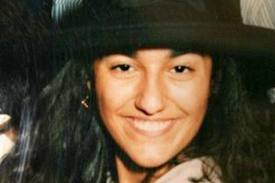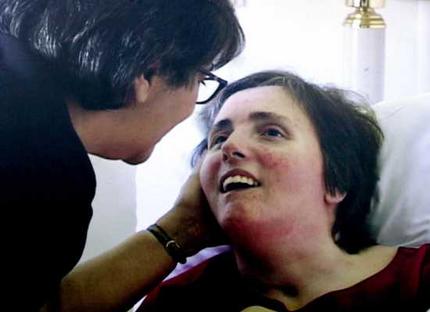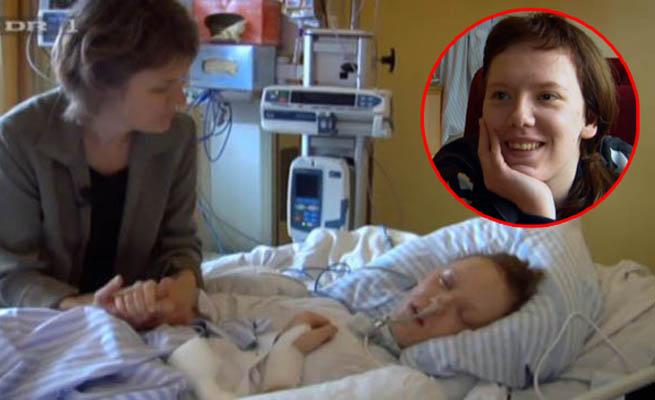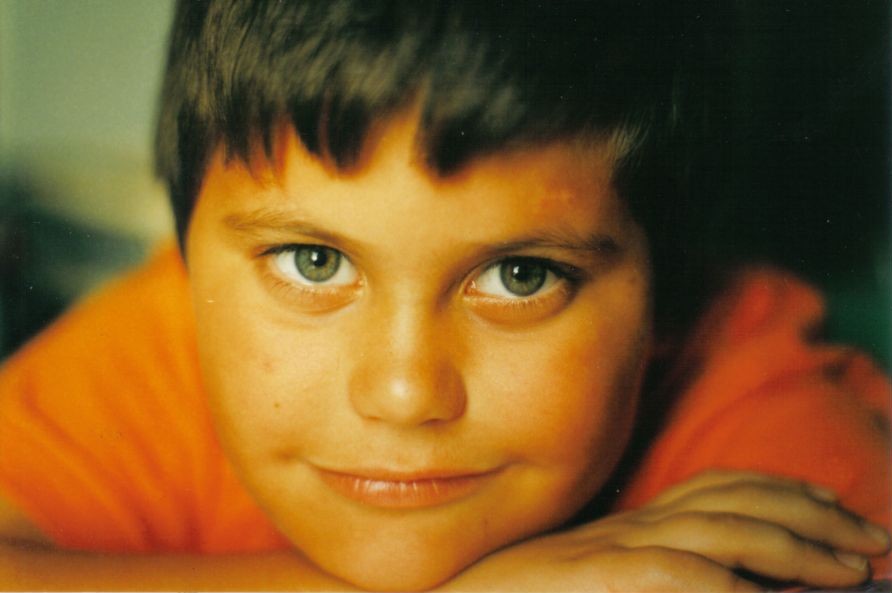Famous Cases
The best known Italian case:
Eluana Englaro was an Italian woman from Lecco, who entered a persistent vegetative state on 18 January 1992, after a car accident. Subsequently, she became the focus of a court battle between supporters and opponents of euthanasia. Shortly after her accident, medical staff began feeding Englaro with a feeding tube, but her father fought to make doctors remove it and let her die, saying it would be a dignified end to his daughter's life. He said that before the accident, his daughter visited a friend who was in a coma, and said that she would have never wanted to stay in the same state. The authorities refused his request to remove the feeding tube, but the decision was finally reversed in 2009, after she had spent seventeen years in the coma.
The best known American case:
Terri Schiavo collapsed in her St. Petersburg, Florida, home on February 25, 1990. After two and a half months in a coma, her diagnosis was changed to vegetative state. In 1998 Schiavo's husband, Michael, petitioned the Sixth Circuit Court of Florida (Pinellas County), to remove her feeding tube. He was opposed by Terri's parents, Robert and Mary Schindler, who argued that she was conscious. The court determined that she would not wish to continue life-prolonging measures, and on April 24, 2001, her feeding tube was removed for the first time, only to be reinserted several days later. Several appeals and federal government intervention followed. After all attempts at appeals through the federal court system upheld the original decision to remove the feeding tube. Terri died on March 31, 2005.
The best known Belgian case:
In 2005, a pair of identical twins, who were born deaf, have been killed by Belgian doctors after seeking euthanasia when they found out they would also soon go blind. In a unique case under the country's euthanasia laws, the 45-year-old brothers, from Antwerp, chose death as they were unable to bear the thought of never seeing one another again. They were euthanized by doctors at Brussels University Hospital, in Jette, on December 14 by lethal injection after spending their entire lives together. This case was unusual as neither twin was suffering extreme physical pain or was terminally ill. David Dufour, the doctor who presided over the euthanasia, told the twins had taken the decision in 'full conscience'. He said they were 'very happy' and it was a 'relief' to see the end of their suffering.
The most amazing case:
Carina Melchior was a Danish 19-years-old girl, who was into coma in 2011 because of a car accident. A year later, doctors at the Hospital of Aarhus said that she was in a persistent vegetative state and asked her parents the authorization for removal of organs. They were about "to pull the plug", but to the astonishment of staff at the Aarhus Hospital, in Denmark, the 19-year-old suddenly opened her eyes and started moving her legs. The will to live was stronger. Her family sued the hospital for damages, claiming that doctors had been desperate to harvest her body parts. The case has sparked a public debate in Denmark about donations and end-of-life treatments, with registered donors withdrawing consent in fear of doctors acting too quickly.
A Miracle:
In 2000, in San Giovanni Rotondo, a friend of mine, Matteo Colella, felt really sick and his father, who is a doctor, brought him to the hospital "Home for the relief of suffering", but Matteo arrived there in a state of shock. He had a slowdown of his heart, because of a pulmonary edema, and other 9 organs collapsed. Doctors said he wouldn't survive with more than 5 organs collapsed. His mum went to Padre Pio's tomb, my town's Saint, and prayed for his son. She related she saw and heard Padre Pio who told her: "I will help Matteo to rise". Doctors said that here was no hope for him, and that they should have "pulled the plug". But, day by day, Matteo's father answered to his colleagues: "let's wait one day more, another day, maybe something will happen tomorrow". And finally something happened: a miracle.




